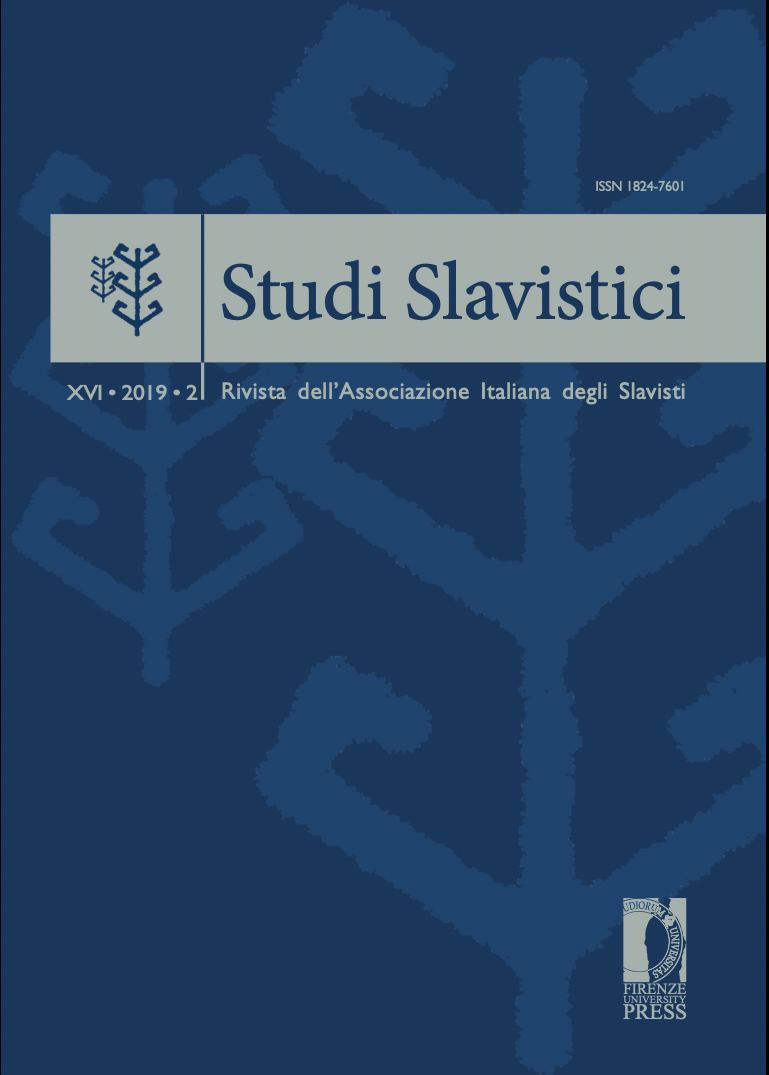Abstract
The Question of Literary Language in Ukraine in Past and PresentIn the last few years the “language question” has gained momentum in the scholarly debate and social life in Ukraine. The Author suggests that multilingualism, as an expression of multiculturalism, is a distinctive feature of Ukraine through all its historical developement. On the basis of evidence drawn from texts of the 17th-18th centuries (epistolography, panegyric literature) the Author aims at showing that multilingualism was one of the main characters distiguishing Ukraine from the Russian tradition; multilingualism testified to the close ties between Ukrainian culture and western Renaissance and Baroque, at the same time contributing to the creation of original literary forms with peculiar features. For the 19th century it is impossible to consider Kyiv’s culture without taking into account the contribution given by writers and intellectuals who used Russian language. While Kyiv was certainly a Ukrainian city, its culture exhibited different linguistic and cultural layers (Ukrainian, Russian, Jewish, Polish, German) that coexisted both in parallel streams and in reciprocal contacts. To reconstruct the peculiar and very complicated “Kyivan text” of culture in the 19th-beginning 20th century is one of the main desiderata for future research. The multilingual tradition – with its positive and negative characteristics – cannot be ignored in contemporary civil and scientific work. However, in our days Ukrainian language has reached such a high level of developement and perfect modern functionality that its use and universal diffusion in public and private life is a priority for the future developement of Ukraine and its culture. The existence of an extremely interesting literature and a lively cultural life makes Ukrainian a prestigious literary language, a perfect means of communication for private and state life. The Ukrainian government should give its strongest support for the consolidation of Ukrainian language, for the developement of Ukrainian-language literature, press and mass-media, and for the diffusion of knowledge about Ukrainian language and culture in European countries. The prestige of a nation is increased also by the image a country succeeds in transmitting to other countries, a fact which – in its turn – contributes to the strengthening of internal stability and self-consciousness.


